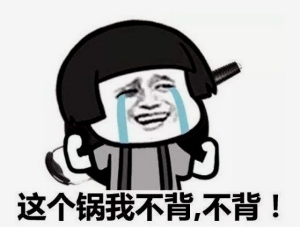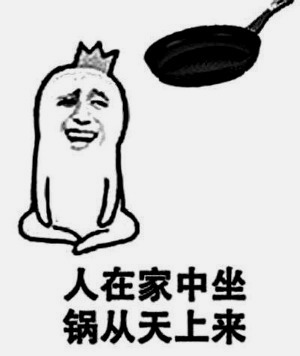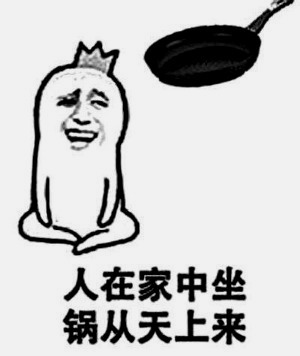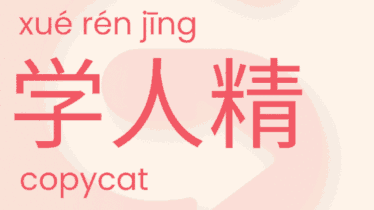What does 背锅 (bēi guō) mean in Chinese
What does 背锅 (bēi guō) mean in Chinese? The slang 背锅 (bēi guō) is the abbreviation of “背黑锅” (bēi hēi guō), which means “to bear the blame for someone else’s mistakes” in English.
背锅 (bēi guō) – “carry a wok on the back”
The literal meaning of “背锅” (bēi guō) is “在背上背一口锅” (to carry a wok on the back),which is used metaphorically to describe “taking the blame for the faults of others.” It can be translated into English as “be made a scapegoat” or “bear the blame of someone.” Common expressions include “替……背锅” (bear the blame of someone).
In English, there is a similar expression to “背锅” which is “carry the can,” meaning “to take the blame for something, often another’s mistakes or misdeeds.” This British slang originally referred to “the person who carries beer for soldiers.” “Can” refers to a container for beer, extending the meaning to “taking the blame” for someone else.
“甩锅” (shuǎi guō) – shift or reassign the blame or responsibility to another person
If someone is “背锅” (taking the blame), then someone else needs to “甩锅” (shuǎi guō). “甩锅” means “to shift or reassign the blame or responsibility to another person,” which is similar in meaning to the English idiom “pass the buck.”
The abbreviation “buck” comes from “buckhorn knife,” which was used as a playing card in card games. The player in possession of the knife would deal the cards, and if a player did not want to deal, they could pass the buckhorn knife to the next player. This later extended to the meaning of “shifting or avoiding responsibility.”
Scenarios where you can use 背锅 (bēi guō) and 甩锅 (shuǎi guō)
- 多年来,我的合伙人一直在做假账,但由于我是首席执行官,公司倒闭只能我来背锅。
Duō nián lái, wǒ de héhuǒ rén yīzhí zài zuò jiǎzhàng, dàn yóu yú wǒ shì shǒuxí zhíxíng guān, gōngsī dǎobì zhǐ néng wǒ lái bēi guō.
My partner had been cooking the books for years, but because I was the CEO, I had to carry the can for our company’s collapse.
- 他本来并不想替人背锅。
Tā běnlái bìng bùxiǎng tì rén bēi guō.
He had not intended to be made a scapegoat.
- 那些身居高位的人总是安然无恙,是因为他们经常甩锅给下属。
Nàxiē shēn jū gāowèi de rén zǒng shì ānrán wúyàng, shì yīnwèi tāmen jīngcháng shuǎi guō gěi xiàshǔ.
It’s all very well for those at the top; they can always pass the buck to their subordinates.
Click to know more about Chinese buzzwords






